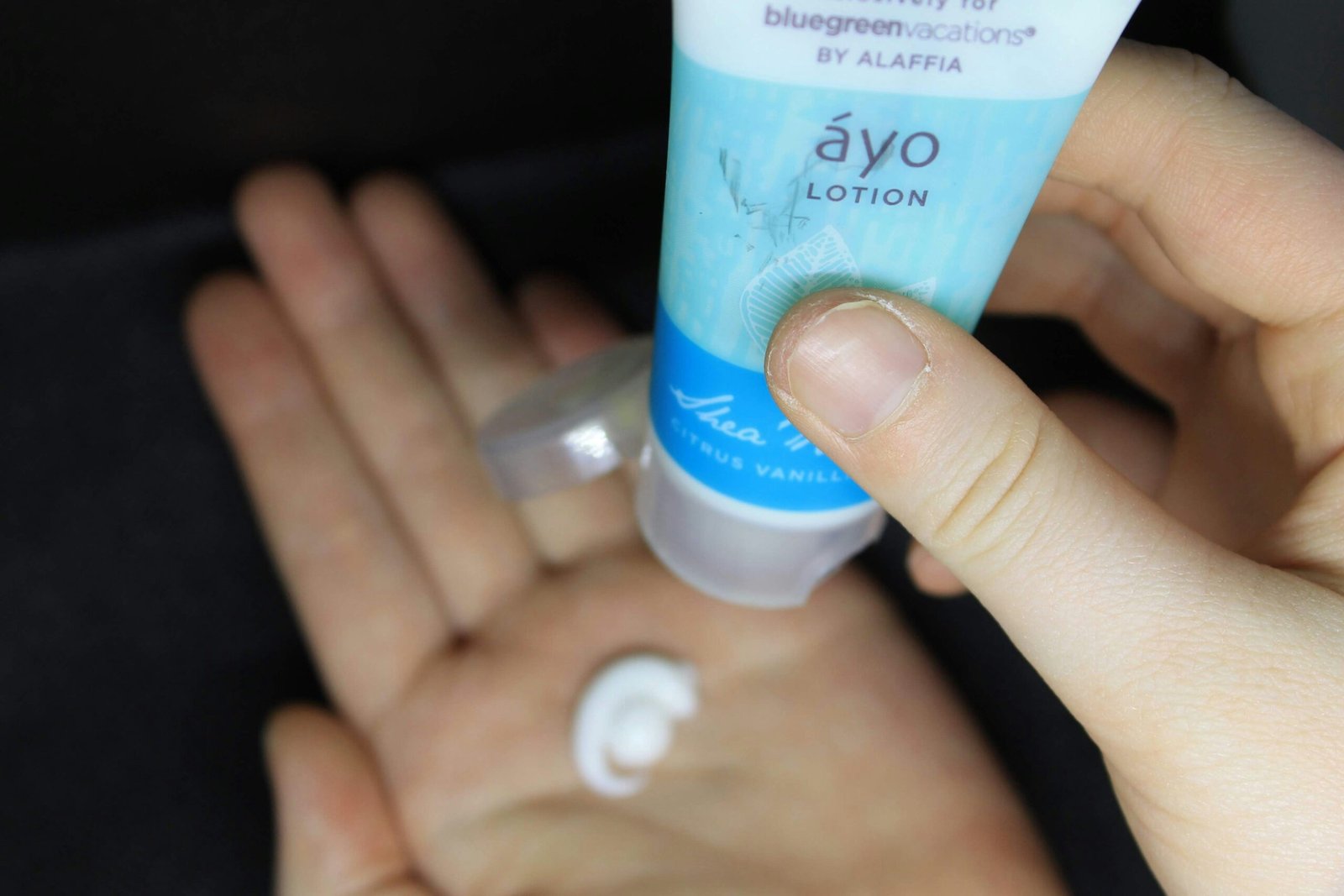Best Body Moisturizer for Dry Skin: A Comprehensive Guide
Dry skin can be a nuisance, often leading to discomfort, itchiness, and even flakiness. Finding the right moisturizer is crucial to combat these issues and maintain healthy, hydrated skin. With a plethora of options available on the market, it can be overwhelming to determine the best choice. This comprehensive guide will help you navigate the world of body moisturizers and discover the perfect product for your dry skin.
Understanding Dry Skin
Before diving into the best moisturizers, it’s essential to understand the underlying causes of dry skin. Several factors contribute to this condition, including:
Environmental factors: Cold weather, low humidity, and excessive exposure to the sun can strip the skin of its natural oils.
Age: As we age, our skin’s natural production of oil decreases, leading to dryness.
Skin conditions: Certain skin conditions, such as eczema and psoriasis, can cause dryness and irritation.
Dehydration: Drinking insufficient water can affect overall skin health, including hydration.
Key Ingredients to Look For in a Moisturizer
When selecting a moisturizer for dry skin, look for products containing the following ingredients:
Hyaluronic acid: This powerful humectant draws moisture into the skin, leaving it plump and hydrated.
Ceramides: These lipids help repair the skin’s protective barrier, preventing moisture loss.
Glycerin: A humectant that draws moisture to the skin and holds it there.
Shea butter: A rich, emollient that provides deep hydration and nourishment.
Coconut oil: A natural moisturizer that can help soothe and soften dry skin.
Aloe vera: A soothing and healing ingredient that can reduce inflammation and promote skin regeneration.
Types of Moisturizers
The best moisturizer for you will depend on your skin type and personal preferences. Here are some common types of moisturizers:
Lotions: Lightweight, water-based moisturizers that are ideal for those with mild to moderate dryness.
Creams: Thicker, oil-based moisturizers that provide more intense hydration for severely dry skin.
Butters: Rich, solid moisturizers that are highly emollient and suitable for very dry or sensitive skin.
Oils: Natural oils, such as coconut oil or olive oil, can be used as moisturizers, but they may not be suitable for everyone.
Choosing the Right Moisturizer for Your Skin Type
Sensitive skin: Opt for fragrance-free moisturizers that are hypoallergenic and gentle on the skin.
Combination skin: Look for a lightweight moisturizer that hydrates dry areas without leaving oily residue on the T-zone.
Oily skin: Choose a non-comedogenic moisturizer that won’t clog pores.
Tips for Effective Moisturizing
Moisturize immediately after showering: While your skin is still damp, apply moisturizer to lock in moisture.
Layer your products: For severe dryness, consider using a serum or toner before applying your moisturizer.
Use a humidifier: During dry seasons, a humidifier can help add moisture to the air and prevent your skin from drying out.
Exfoliate gently: Regular exfoliation can remove dead skin cells and allow your moisturizer to penetrate more effectively.
Protect your skin: Wear sunscreen to shield your skin from harmful UV rays, which can contribute to dryness.
Popular Moisturizer Recommendations
While individual preferences and skin types may vary, here are some highly-rated moisturizers that are often recommended for dry skin:
CeraVe Moisturizing Cream: A popular choice for those with sensitive or dry skin, this fragrance-free cream is formulated with ceramides to help restore the skin’s barrier.
Eucerin Intensive Repair Lotion: This lightweight lotion is designed to provide long-lasting hydration for dry, rough skin.
Vaseline Intensive Care Deep Moisture Body
Lotion: A classic option that provides deep hydration and is suitable for a variety of skin types.
La Roche-Posay Lipikar Balm AP+M: A rich, emollient balm that is ideal for severely dry or irritated skin.
Aveeno Daily Moisturizing Lotion: This fragrance-free lotion is formulated with oat extract to soothe and hydrate dry skin.
Diet and Lifestyle
Remain hydrated: To keep your skin moisturised from the inside out, sip lots of water throughout the day.
Eat a balanced diet: Include foods rich in antioxidants, vitamins, and minerals to support overall skin health.
Limit hot showers: Long, hot showers can strip your skin of natural oils, leading to dryness. Opt for lukewarm showers instead.
Home Remedies
Honey mask: Apply a honey mask to your skin for 15-20 minutes, then rinse with warm water. Honey has natural moisturizing properties.
Oatmeal bath: Add colloidal oatmeal to your bathwater to soothe and hydrate dry skin.
Aloe vera gel: Apply aloe vera gel directly to dry areas for a cooling and moisturizing effect.
FAQs About Dry Skin and Moisturizers
Q: Can I use the same moisturizer on my face and body?
A: While some moisturizers are suitable for both face and body, it’s generally recommended to use products specifically formulated for each area. Facial skin is more sensitive and requires different ingredients than the skin on your body.
Q: How often should I moisturize?
A: Ideally, you should moisturize your skin twice a day, once in the morning and once at night. For severely dry skin, you may need to apply moisturizer more frequently.
Q: Can I use too much moisturizer?
A: While it’s important to moisturize regularly, using excessive amounts can lead to clogged pores and breakouts. Start with a small amount and adjust as needed.
Q: Are natural moisturizers always better than synthetic ones?
A: Not necessarily. Both natural and synthetic ingredients can be effective moisturizers. The key is to choose products that contain ingredients that are suitable for your skin type and concerns.
Q: Can I use essential oils to moisturize my skin?
A: Essential oils can be added to moisturizers to enhance their fragrance and potential benefits. However, it’s important to dilute them properly and use them with caution, as undiluted essential oils can irritate the skin.
Remember, finding the best moisturizer for your dry skin may require some trial and error. Observe how various products affect your skin’s response and modify your regimen accordingly. By following these guidelines and experimenting with various options, you can effectively address dryness and achieve healthy, hydrated skin.
To read more, click here.














Post Comment